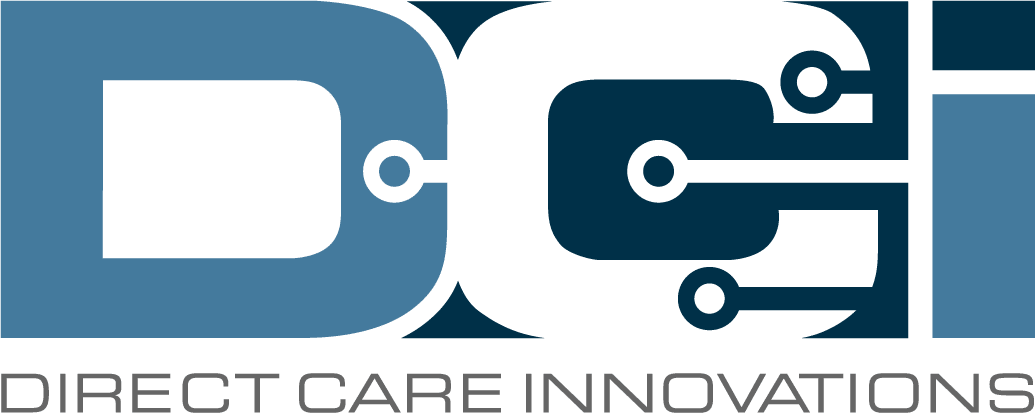Training and Compliance Challenges in Home Care Agencies
Home care agencies play a critical role in delivering consistent, high-quality support to clients who rely on in-home care services. However, the scale and complexity of these organizations present unique challenges when it comes to training and ensuring compliance among Direct Support Professionals (DSPs), administrative staff, and even clients. Between regulatory demands and workforce diversity, maintaining high standards across a large operation is no easy task. Direct Care Innovations offers training and compliance software solutions that help home care organizations manage their operations more effectively. Read on to learn about the challenges agencies face without the right business management tools.

Scaling Training Across a Distributed Workforce
One of the most significant obstacles is delivering standardized training across a large, often geographically dispersed workforce. DSPs may be located in rural or remote areas, making centralized, in-person training sessions logistically difficult and expensive. While online learning platforms offer flexibility, they come with their own set of challenges, including access to technology, digital literacy gaps, and reduced engagement compared to face-to-face sessions.
High Turnover and Continuous Onboarding
High staff turnover is a well-known challenge in the home care industry. This constant churn requires ongoing onboarding, which can strain training teams. Ensuring that every new hire receives comprehensive and compliant training in a timely manner becomes an ongoing struggle. When onboarding processes are rushed or inconsistent, it increases the risk of non-compliance and decreases the quality of care delivered.
Evolving Regulatory Requirements
Federal and state regulations governing home care are frequently updated, with specific training requirements tied to services like Medicaid and Medicare. Home care agencies must stay ahead of these changes and rapidly update training materials, certifications, and compliance documentation. Failing to meet regulatory standards can result in fines, audits, or loss of licensure, making compliance not just a priority but a business-critical function.
Diverse Learning Needs and Language Barriers
Home care providers often employ a diverse workforce, including individuals with varying levels of education and English proficiency. A one-size-fits-all training program rarely meets the needs of every employee. These agencies must adapt their training materials to accommodate different learning styles, languages, and cultural contexts to ensure comprehension and compliance.
Client and Family Education
Compliance doesn’t stop with staff. Clients and their families also need to understand aspects of care plans, safety protocols, and their rights under care agreements. Providing this education in an accessible, empathetic manner across a large client base requires significant effort and coordination.
For home care agencies, delivering effective training and maintaining compliance is an ongoing balancing act. Success requires investing in adaptable training systems, multilingual resources, and continuous monitoring. By proactively addressing these challenges, agencies can improve care quality, reduce risks, and build trust with both their workforce and the clients they serve. DCI has helped managed care organizations, state health departments, and fiscal management service agencies throughout the U.S. provide high-quality in-home care while maintaining efficient and user-friendly processes. Learn more about our customizable business management software and its features, including EVV solutions, by contacting us at (480) 295-3307 or requesting a sales demo today.

